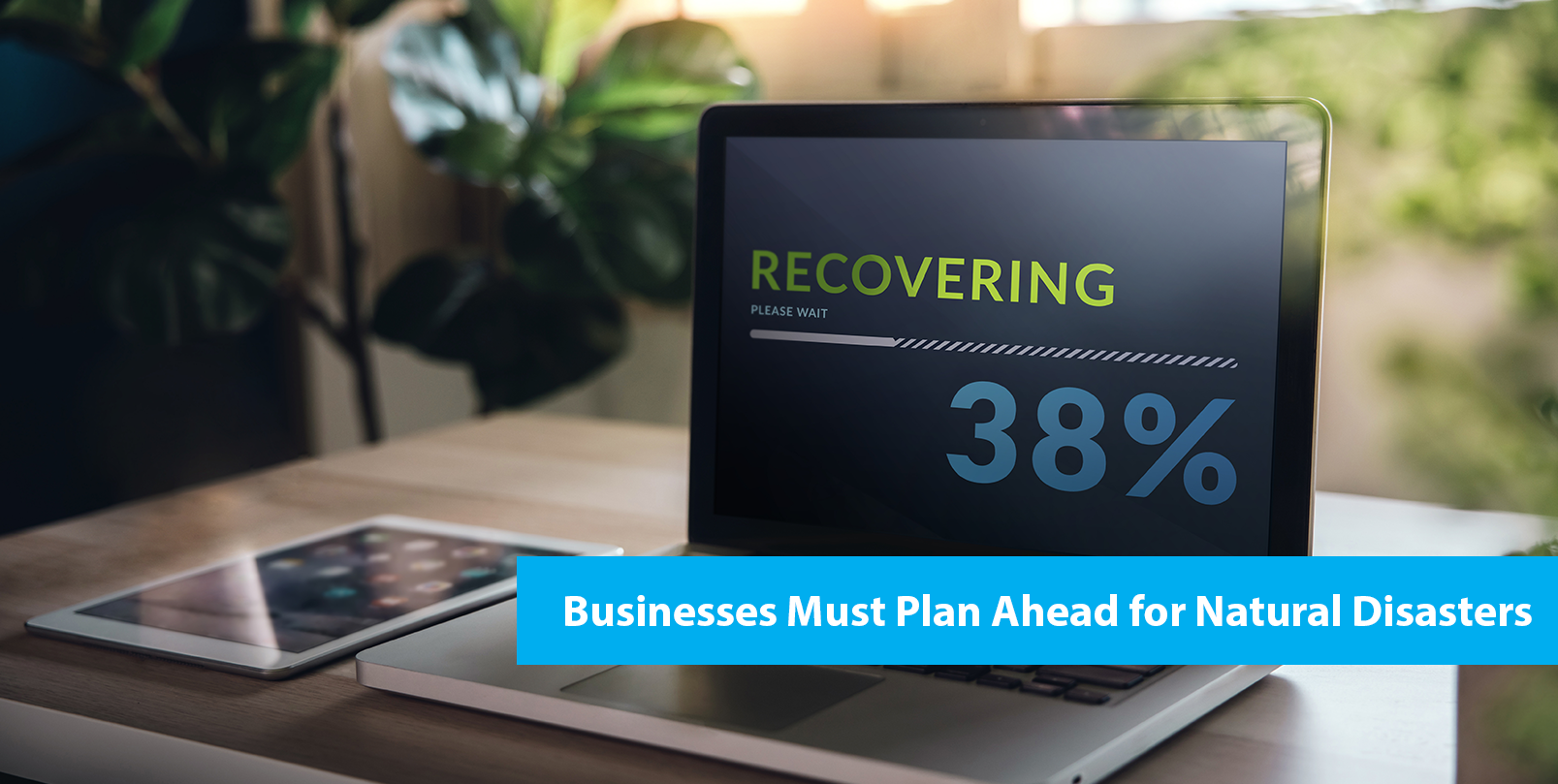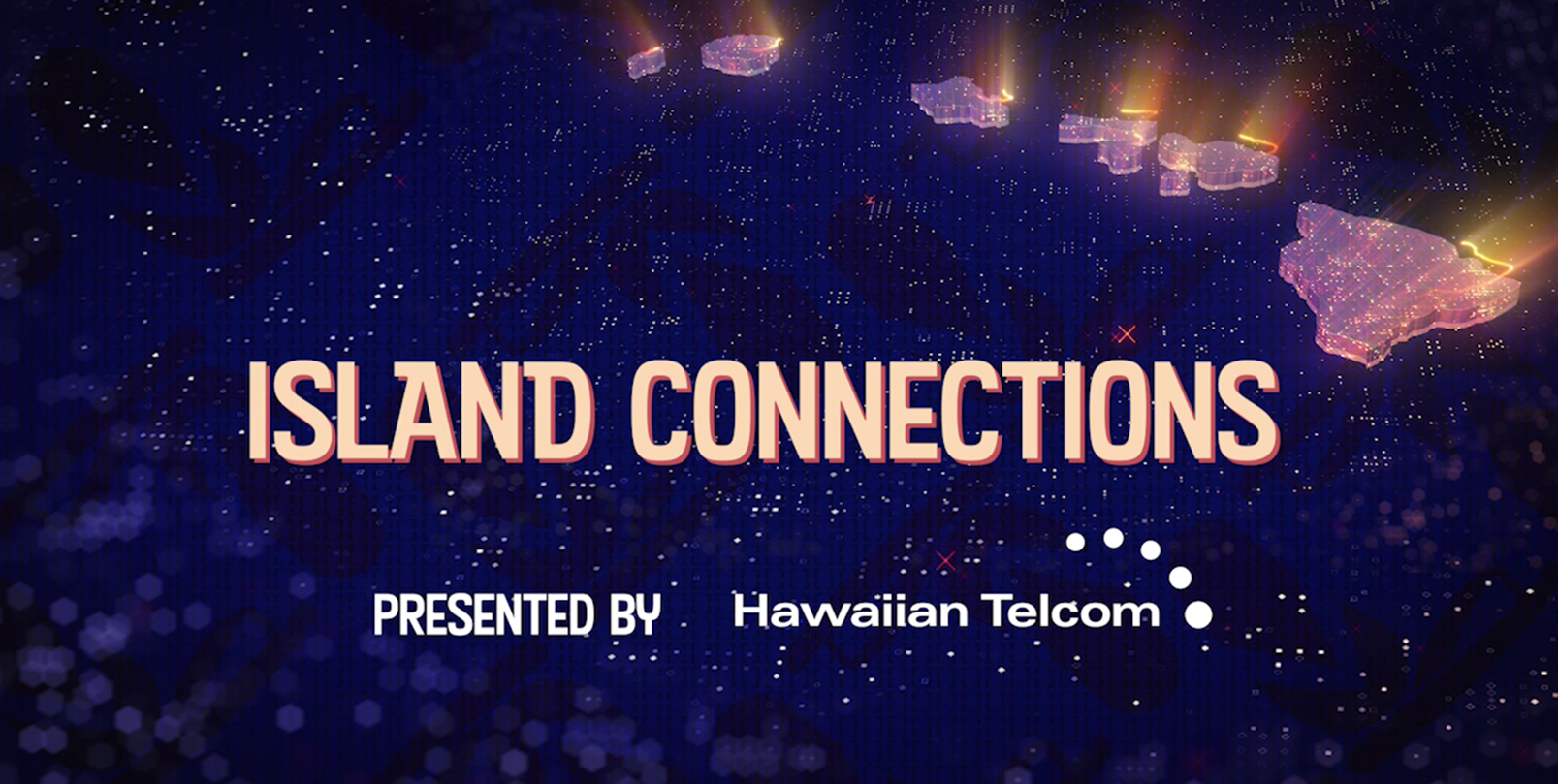Businesses must plan ahead for natural disasters
In Hawaii, June marks the start of our annual hurricane season. As individuals, we should take the time to prepare our families and homes by double-checking our emergency food and water, ensuring we have flashlights on hand, making sure the car has gas in the tank and reminding our family of what to do if a storm heads our way.
As a business, we have a separate set of things to check on to ensure our business can continue serving our communities through an emergency as well.
Power protection. Storms bring high winds and heavy rain that can upset the power grid. Protect your computer systems from sudden power loss and surges by testing uninterruptible power supply devices and replacing any that no longer function correctly.
Pay attention when plugging in critical devices, as many UPS devices have both “battery” and “surge protection only” outlets. While surge protection is useful, it does not provide protection from unexpected and forced reboots of sensitive hardware like servers and storage arrays. If you are connecting virtual server hosts to a UPS, be sure the required software is configured to shut down virtual machines before the host is powered off.
Backups and disaster recovery solutions. Have a tested backup solution in place. The 3-2-1 rule is a good starting point for businesses and says you should have at least three copies of your data, two of the copies are backups and one should be located in a different physical location from the live data. Storing data in the cloud does not change this rule. The best-in-class approach still recommends backing up cloud data to another location (often another cloud solution; this is referred to as a cloud-to-cloud backup).
Having a backup alone isn’t enough. You should also have a documented recovery process that includes the priority of systems that should be restored so the team knows where to start. Plan ahead of time and test your plan so you’re not trying to figure things out during a natural disaster. Testing restores also gives you the added benefit of knowing how long it might take to recover your data before you rely on the restore. Solutions often do a great job of backing up the data, but especially in Hawaii, recovery times from cloud-based storage can vary greatly.
Remote work capabilities. Natural disasters can force businesses to temporarily close their physical locations. To maintain operations and keep your employees productive, it’s essential to establish remote work capabilities in advance. Cloud-based collaboration tools and server infrastructure or remote-access technology like a virtual private network to your local office can enable employees to work even if they can’t make it to the office. Ensure that your employees are familiar with these tools and that they have the necessary equipment and resources to work remotely when needed.
Cyber security vigilance. During emergencies, it is crucial to remain vigilant against cyberattacks. Cybercriminals often use confusion and slowed communications during emergencies to take advantage of businesses. These attacks might come in the form of phishing emails or texts pretending to contain critical data, and they could come when your IT team is particularly busy and less available to respond.
Communication plans. Communication is critical during a disaster, and at times, standard methods of communication become difficult. Decide how you will notify staff of the status of the business. For small businesses, that may be as simple as making a few phone calls. But as businesses scale, notifying dozens or hundreds of employees in a timely manner becomes a challenge. You should document things like how you will notify the staff (email, text, phone call, etc.), who makes the decisions if an office is opened or closed, who is responsible for executing the communication plan, and when do you give the all-clear.
Always remember that a good plan needs to be documented, shared with relevant parties and practiced to be effective. Review your plans and get a head start protecting your business during this year’s hurricane season.
———
Jordan Silva is senior manager of service delivery at Hawaiian Telcom. Reach him at jordan.silva@hawaiiantel.com.
© Honolulu Star-Advertiser
Visit this article in the Star-Advertiser.




